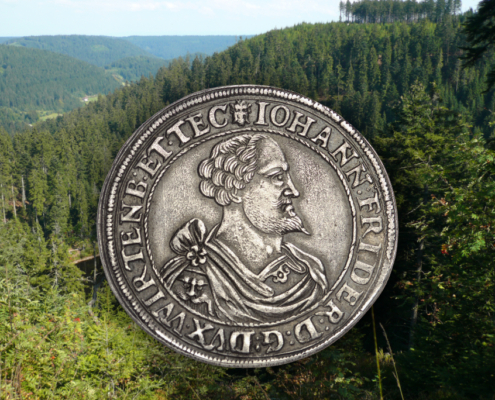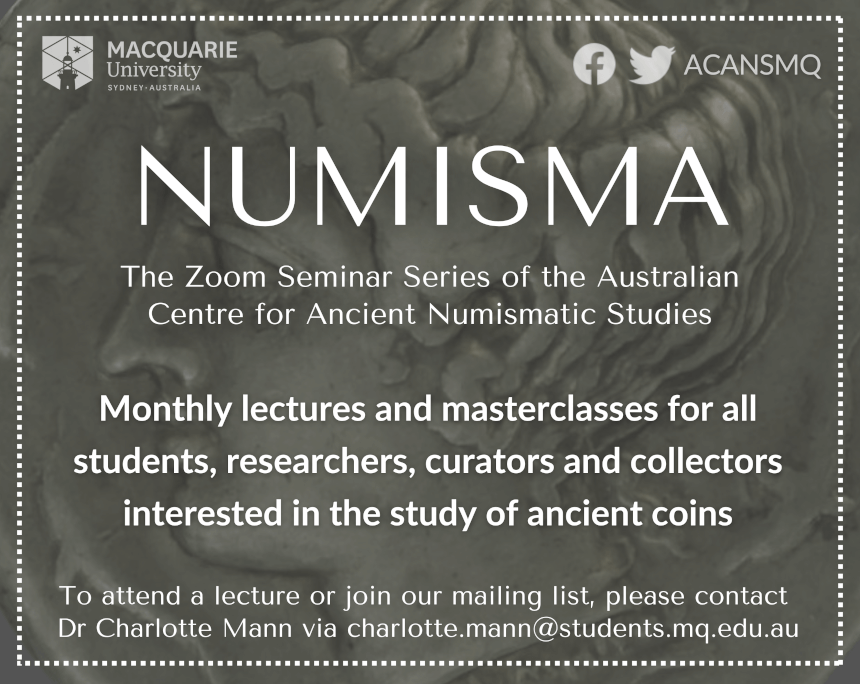Archive: People and Markets
Numisma – The Zoom Seminar Series of the Australian Centre for Ancient Numismatic Studies
Today the online lecture series NUMISMA starts into the second half of the year. Students, researchers and collectors who are interested in ancient coins are very welcome! Find the upcoming lectures here.
Switzerland is “Guest of Honor” at the World Money Fair 2025
Next year, Switzerland will be the guest country at the World Money Fair. The Federal Mint Swissmint has a very special highlight in store for the fair: it will be presenting the 100-franc Gold Vreneli anniversary coin to the world for the first time.
Archive: Coins, Medals and more

French History in Coins – Part 2: From the Second Republic to the Second Empire
In the 19th century, people in France suffered from hunger and poverty. There were uprisings and a revolution. But the first president of the new republic was a nephew of Napoleon and completely took after the old emperor.

Silver for Württemberg
In the early modern period, much of the Black Forest, an idyllic mountain range in southwestern Germany, was a booming industrial center. A major part of the silver used to mint Württemberg coins came from this region. The Heinz-Falk Gaiser Collection, on offer at Künker on 23 September 2024, includes many coins made from Black Forest silver.










Change in World Money Fair Berlin Management
Barbara Balz has stepped down as Managing Director of World Money Fair Berlin GmbH. Goetz-Ulf Jungmichel is her successor.
PMG Grading On-site in Munich and at MIF Maastricht in Spring 2024
Collectors and dealers will soon be able to submit banknotes to PMG again for the popular for on-site grading – either at the Munich office in April or at the PMG booth at the MIF show in May 2024. More details here.